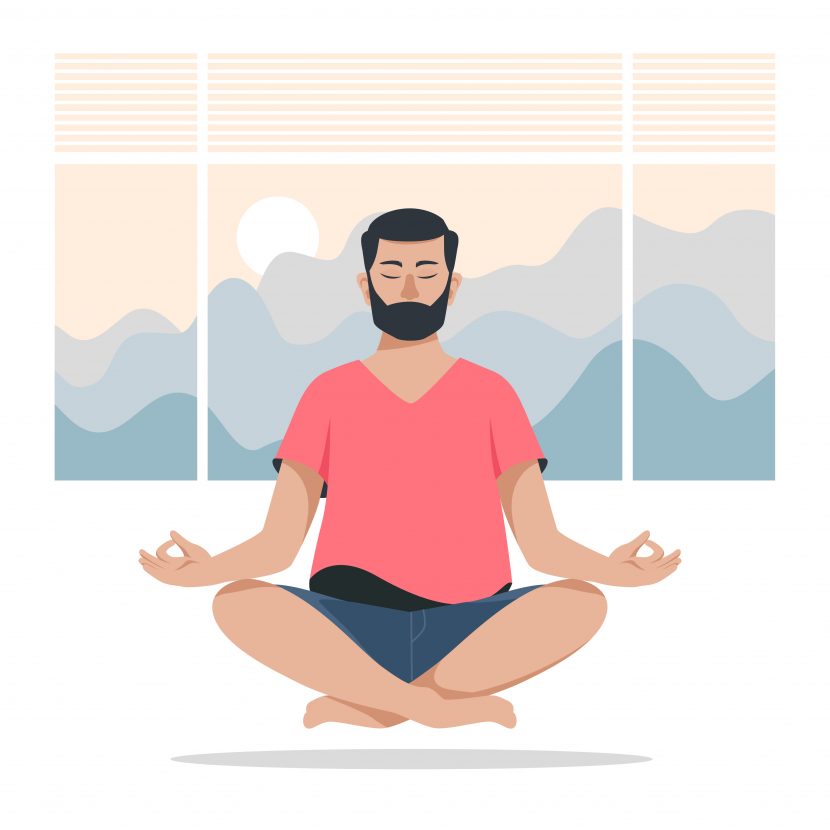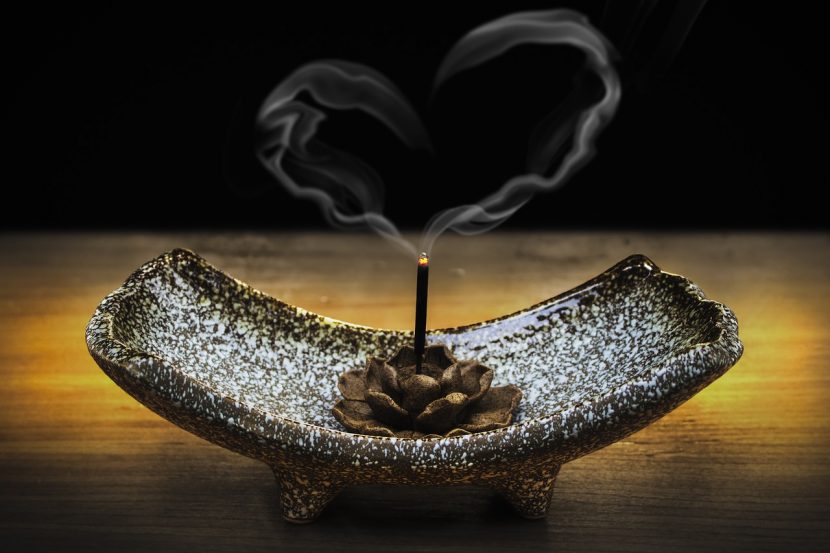Making New Year Habits Stick
As the year comes to a close, it’s time to start taking stock, so what will you want to change? Reducing stress is a popular goal and meditation techniques have been proven to work, but how do you make your habit stick as the year develops? You’ve come to the right place! In this post I run through my top 6 habit forming tips to give your New Year’s resolution the best possible chance for success.
Tip One: Start Small
If you’re new to meditation, it’s better to start with 5-10 minutes every day and feel like you want to do more, than to feel like the 30 minutes you’ve set is a drag from the start. Review your progress after a week or two and see if you want to increase the time. Alternatively, stick with the short session and try adding another one later in the day.
Tip Two: Make It Work For You
To keep it going, your meditation habit has to fit in with your lifestyle. Try making a list of your current daily commitments and habits. When would a short meditation slot best fit in? Many people find first thing in the morning gets most obvious results, plus if you miss the session you still have time to catch-up later.
Tip Three: Piggy Back Another Habit
To get your meditation routine sticking more quickly, pick an existing habit to attach it to. For example as soon as your morning alarm goes off and you step out of bed head straight for your meditation chair or cushion. If you can meditate in the same place, you’ll improve your chances even more, so set-up a comfortable, inviting space in advance.
Tip Four: Take It Day By Day
Rather than trying to set-up a goal of meditating for x number of days, simply promise yourself you’ll do your practice every day. You might find your subconscious treats it more seriously if you write the commitment down. Use a tracker to gamify your progress and if you’re really serious tell a friend for added impetus.
Tip Five: Only Miss A Day
Evidence suggest that missing a day here and there won’t make much difference to forming your new meditation habit. However, miss two days in a row and you’ll seriously impact your chances of success. Don’t be hard on yourself if you slip up, but do try to get back into the saddle as quickly as possible.
Tip Six: Add Rewards
Our brains are wired to repeat activities which we find pleasurable. Make your meditation practice something to look forward to by rewarding the behavior. Perhaps follow it with a favourite breakfast or take a walk with the dog. Just make sure the reward isn’t something too unhealthy!
Keep In Mind…
It’s a common misconception that a new habit takes 21 days to form. Dr Phillippa Lally and her team at Kings College, London studied 96 volunteers and found most developed their new behavior between 66-100 days, regardless of the activity. Make the process as easy as possible to set foundations that make it feel weird not to meditate, then build more ambitious plans once the process has become automatic.
Further Reading
Need Some Help?
If you’re serious about getting started, but feel like you need some help, consider taking my practical Zen course – it’s designed with one goal in mind: to form a meditation habit. Find out more here



